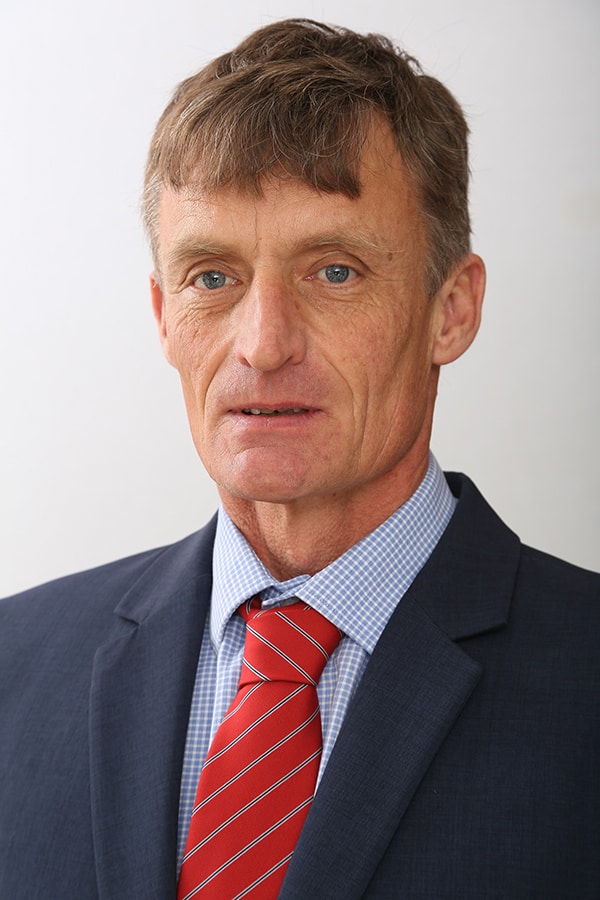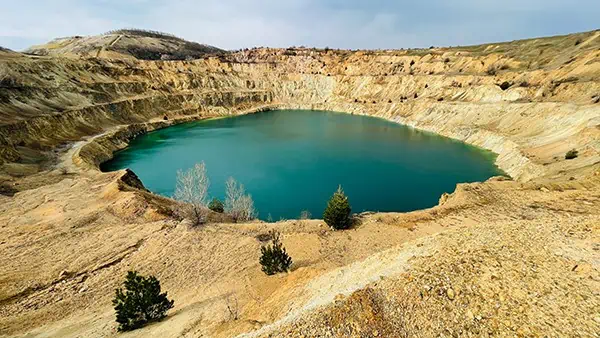As South Africa grapples with the escalating concern of water scarcity, water engineering is undergoing significant transformations with new methodologies and standards, alongside innovative technologies, are shaping the landscape of water management, says SRK Consulting.

While the country boasts robust water-related regulations and industries are keenly aware of the mounting threats to water security in this parched region, factors such as population growth and climate change pose imminent challenges.
“The mining sector serves as a pertinent example of the pivotal role water availability plays in initial project planning. During pre-feasibility studies, if an overwhelming water challenge is identified, the likelihood of the mining venture progressing to implementation diminishes significantly. Consequently, the resilience of water infrastructure has become a paramount consideration in the strategic planning of mining projects and, indeed, for businesses and municipalities alike.
In this context, a comprehensive analysis of vulnerable areas, susceptible to either water scarcity or excess, is imperative. Implementing effective mitigation measures has become essential, ensuring the sustainability and success of ventures amidst South Africa’s evolving water crisis.

Legacy issues
There has certainly been a ready embrace of treatment technologies to address mining’s legacy in some areas. Mining companies in the Middelburg area of Mpumalanga took the proactive step of establishing a large treatment plant that could produce water of potable standard for surrounding municipalities. This was an ambitious task of treating water in a coal mining area, where contaminated water was typically very high in sulphides and total dissolved solids.
There is growing recognition that mine-impacted water is a considerable threat to the country’s net availability of fresh water – highlighting the need to treat excess contaminated water volumes to potable quality for distribution and reuse by other stakeholders as opposed to discharging to the environment. Mines have engaged the issue in other ways too, including helping to make the most of urban wastewater effluent. In Limpopo province, at least one mine has been taking treated wastewater from nearby towns and using it in mineral processing applications – reducing the amount it needed to draw from surface or groundwater.
New approaches
While technology is an important enabler of these positive initiatives, the field of water engineering in industries like mining is driven significantly by rising standards and evolving approaches to meet these standards. The focus on mine closure, for instance, has thrown a spotlight on water impacts that outlive the life of a mine. Sustainable water management, therefore, has to feature upfront in the early stage studies, along with all the traditional technical and financial considerations.
Going back in history, the lack of such a focus – and its enforcing regulations – now haunts South Africa’s coal producing regions. The voids created by mining over the decades have been filled with water, creating acid mine drainage and decanting into the environment. Today, mine closure plans are expected to deal with this eventuality before it occurs, and ensure that long term solutions – and financial provisioning – are in place before mines reach end-of-life.
Standards and tools
Among the most recent reinforcements of this approach is the Global Industry Standard for Tailings Management, which demands that closure is part of the initial design – even before the mine physically begins operations. Closure is no longer an afterthought that arises in the final years of a mine’s life.
A range of sustainability tools have been developed to guide practitioners who are implementing this responsible approach. One of the most useful and practical methods is the water demand and conservation management assessment for mines’ water strategies. By applying tools like this, mines can potentially re-use most of their water, minimise the volumes that require treatment and reduce the water volumes being imported, while also cutting down on the dirty water produced.
Mines can make use of a step-by-step algorithm, with formulae to classify the sustainability levels achieved by the various interventions, based on information such as the ratio between water re-use and clean water imports. There is still plenty of scope for the sector to take up tools like these, which has been designed for use in South African conditions.
Raising the bar
Consulting engineers have a valuable role to play in facilitating the implementation of these approaches and methodologies. In our work with mining clients, for instance, it has been invaluable to workshop the opportunities for water sustainability with plant management, process engineers and operators. By exploring the specific needs of the various mine processes, we can define the different water streams and their required quality levels – taking into account water volumes and demand in each stream.
In this manner, water re-use can be optimised, as well as the scope for retreatment to qualities appropriate for either of the process streams. Where water needs to be disposed of, the necessary qualities for discharge as stipulated in national legislation need to be planned. Minimising the requirement for clean, potable water is also considered. In one case, a mine was able to formulate a plan to optimise its process to the extent that it would no longer have to buy in water supply from the local municipality. Separating the dirty water streams – which had previously been combined – was a central factor in achieving this result.
Stewardship
This kind of innovative water engineering is increasingly engaging with issues beyond the borders of the mining licence – and considering other stakeholders within the catchment of the mine. In line with the water stewardship approach, SRK advocates that clients take a broader view of their water management. This aims to build collaboration with other users in the catchment area – from communities, municipalities, businesses and other mines. This approach is becoming increasingly relevant as competition for water resources grows; without a fuller picture of usage patterns and resource volumes, all users could be equally at risk of unexpected water shortages.
Water engineering today can take advantage of fresh approaches and constantly evolving standards to raise the bar in terms of applying sustainable and responsible water management. The positive results will be shown not only in greater resilience to water risks, but in more stable and less conflictual relationships between all stakeholders in a catchment.
About SRK
SRK is an independent, global network of over 45 consulting practices on six continents. Its experienced engineers and scientists work with clients in multi-disciplinary teams to deliver integrated, sustainable technical solutions across a range of sectors – mining, water, environment, infrastructure and energy. For more information, visit www.srk.co.za
